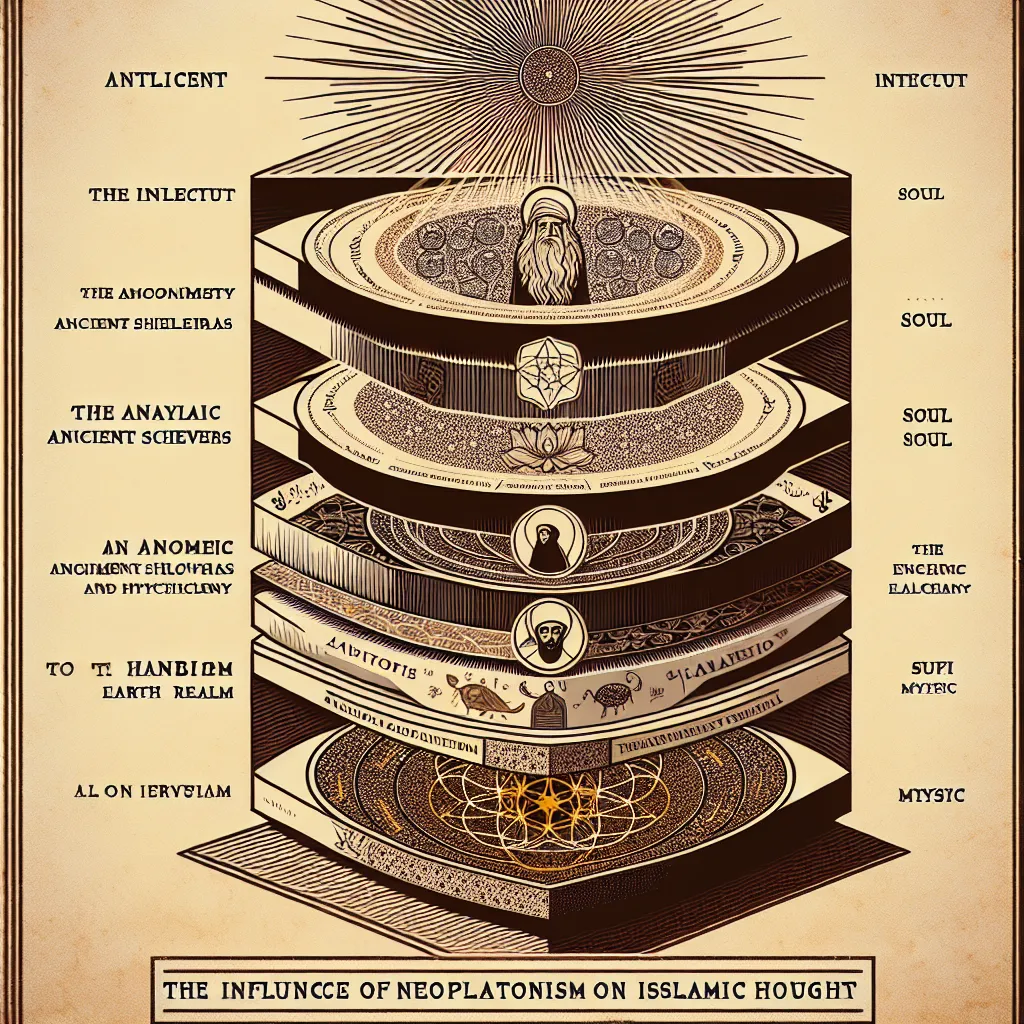As we stand at the crossroads of environmental crisis and spiritual awakening, it’s intriguing to explore how various religious traditions approach the critical issue of environmental stewardship. Each faith, in its unique way, offers a compelling narrative that binds humanity to the natural world, urging us to act as responsible caretakers of the Earth.
Creation Care in Christianity
For Christians, the concept of creation care is deeply rooted in the biblical narrative. The Bible reminds us that we are not just inhabitants of the Earth, but its stewards, entrusted by God to care for His creation. This mandate is clear in Genesis, where humans are given dominion over the Earth, but this authority comes with a significant responsibility.
“We must treat nature with the same awe and wonder that we reserve for human beings. And we do not need this insight in order to believe in God or to prove his existence. We need it to breathe; we need it for us simply to be,” as Ecumenical Patriarch Bartholomew once said.
This perspective encourages Christians to adopt sustainable practices and conserve natural resources, not just as a moral obligation, but as an act of worship. It’s about recognizing that our actions towards the Earth reflect our relationship with God.
Eco-Dharma in Buddhism
Buddhism takes a more introspective approach to environmental stewardship through the concept of Eco-Dharma. This philosophy emphasizes mindful consumption and respect for all living beings, fostering a sense of interconnectedness with nature. Buddhists believe that our ancestors viewed the Earth as rich and bountiful, but now we understand that this bounty is only sustainable if we care for it.
“Our ancestors viewed the earth as rich and bountiful, which it is. Many people in the past also saw nature as inexhaustibly sustainable, which we now know is the case only if we care for it,” the Dalai Lama has noted.
This mindful approach encourages Buddhists to live simply, reduce waste, and protect biodiversity. It’s a call to recognize that our well-being is intricately linked with the well-being of the planet.
Khalifah in Islam
In Islam, the concept of Khalifah positions humans as guardians of the Earth. This role is not just a duty but a sacred trust from God. Muslims are encouraged to maintain ecological balance and protect natural resources, ensuring that the Earth remains in a state of harmony.
“The earth is God’s creation, and as humans, we have been entrusted to preserve it as we found it,” Islamic teachings emphasize.
Islam prohibits excessive consumption of resources and views wastefulness as a significant sin. The Islamic Declaration on Global Climate Change, adopted in 2015, further underscores the importance of environmental stewardship in Islamic practice.
Eco-Kashrut in Judaism
Judaism extends its traditional dietary laws, known as Kashrut, to include environmental considerations through the concept of Eco-Kashrut. This approach promotes ethical and sustainable food choices, encouraging Jews to think about the environmental impact of their dietary habits.
The idea is simple yet profound: if the food we eat is not sustainable, it cannot be considered truly kosher. This perspective encourages a holistic view of food production and consumption, linking the health of the individual to the health of the planet.
Reverence for Nature in Hinduism
In Hinduism, the natural world is viewed as a manifestation of the divine. This reverence for nature inspires a deep sense of protection and conservation. Sacred groves, rivers, and mountains are not just natural entities but sacred sites that embody the divine.
“There is an inseparable bond between man and nature. For man, there cannot be an existence removed from nature,” as Amma, a Hindu spiritual leader, has said.
Hinduism encourages environmental protection through various practices and rituals that honor the natural world. This spiritual connection to nature motivates Hindus to preserve and protect the environment, seeing it as an act of devotion to the divine.
A Global Call to Action
These religious approaches to environmental stewardship highlight a common thread: the recognition that our relationship with the Earth is not just practical but deeply spiritual. They remind us that our actions towards the environment are not isolated but interconnected with our broader human and spiritual well-being.
As we face the daunting challenges of climate change, biodiversity loss, and pollution, these faith-based perspectives offer a powerful motivation for action. They challenge us to rethink our consumption patterns, our relationship with nature, and our responsibilities as stewards of the Earth.
Reflections and Questions
- How can our spiritual beliefs influence our daily choices and actions towards the environment?
- What role can faith-based organizations play in addressing global environmental challenges?
- How can we balance human needs with the need to protect the natural world?
As we ponder these questions, we are reminded that environmental stewardship is not just a moral or ethical imperative but a spiritual one. It is a call to recognize our place within the natural world and to act with the wisdom, compassion, and responsibility that our faiths inspire.
In the end, it is this collective effort, driven by diverse yet harmonious spiritual perspectives, that can lead us towards a more sustainable and harmonious future for all.






